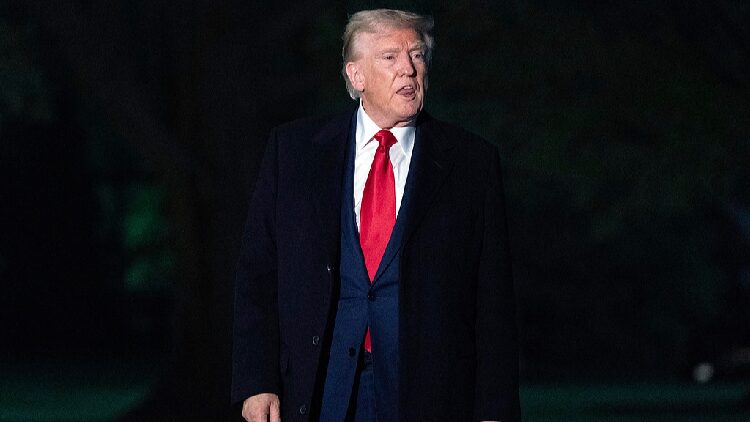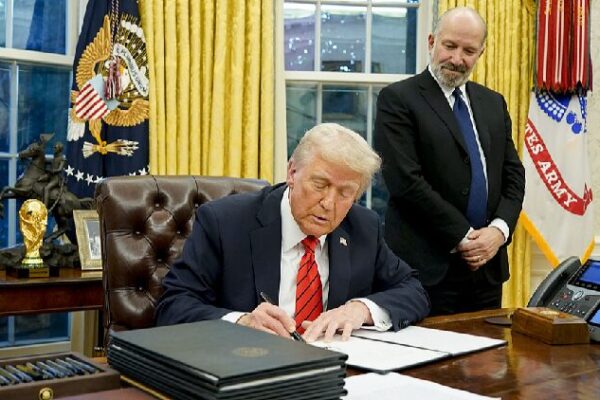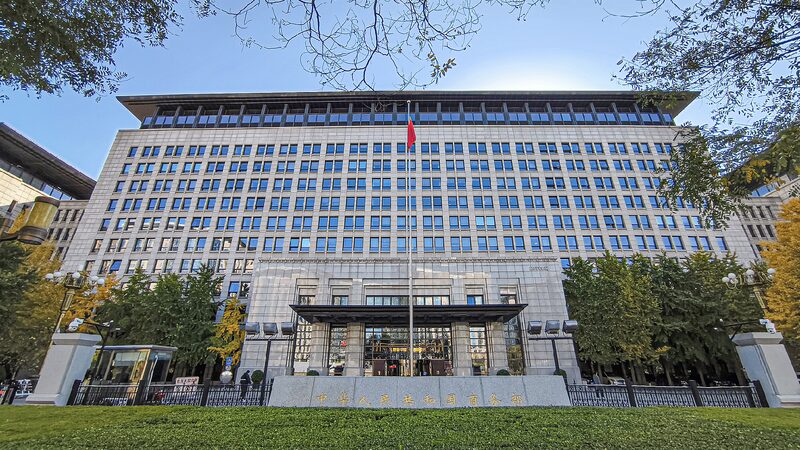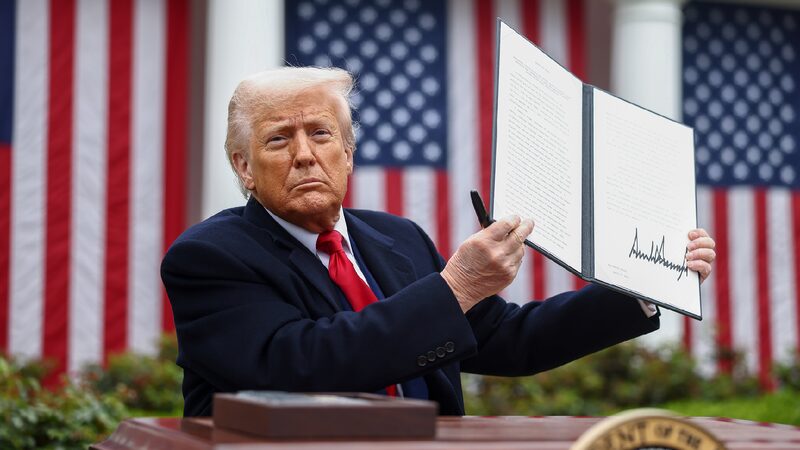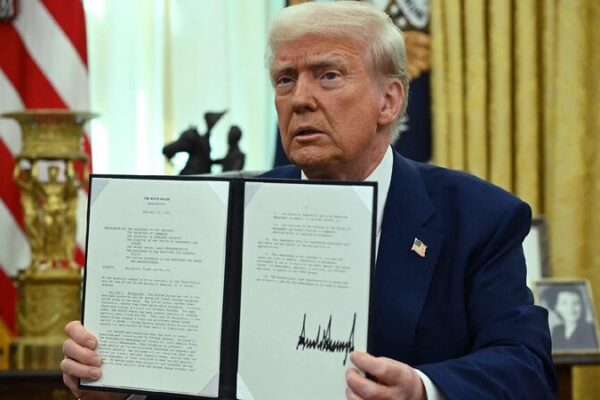De-Americanization: A New Global Trade Order Emerging?
Recent shifts in global trade policies have sparked conversations about a potential “de-Americanization” of the world’s economic landscape. As countries reassess their trade partnerships, a new order may be on the horizon, reshaping how nations interact economically.
The United States’ approach to trade, including the imposition of tariffs on several countries, has prompted strong reactions from global partners. Many nations, feeling the pressure of “America First” policies, are exploring alternatives to reduce their reliance on the US market.
Historically, the US has played a dominant role in global trade, benefiting from its position as a leading consumer market. However, recent policies have led to trade tensions not only with competitors but also with traditional allies like the European Union, Canada, Japan, and the Republic of Korea.
In response, countries are seeking new alliances and strengthening existing ones. The European Union is actively exploring trade opportunities beyond the US, aiming to expand cooperation with global partners. ASEAN nations are accelerating regional economic integration to bolster their collective resilience.
China, with its comprehensive industrial system and vast domestic market, is positioned to play a significant role in this potential new trade order. By supplying the world with high-quality, competitively priced goods and increasing its imports of agricultural and industrial products, China could drive global trade prosperity.
Collaborative efforts are essential to reshape global trade rules. Upholding World Trade Organization (WTO) principles, promoting free trade agreements, and working toward zero-tariff implementations are steps that countries can take together. By eliminating unreasonable trade barriers, nations can foster a more open and fair global trade system.
For young people in the Global South, these shifts could mean new opportunities and challenges. As global trade networks evolve, emerging economies might find more space to grow and participate actively in the international market.
The potential emergence of a new global trade order underscores the importance of international cooperation and dialogue. By working together, countries can build a more equitable and prosperous economic future that benefits all.
Reference(s):
cgtn.com
